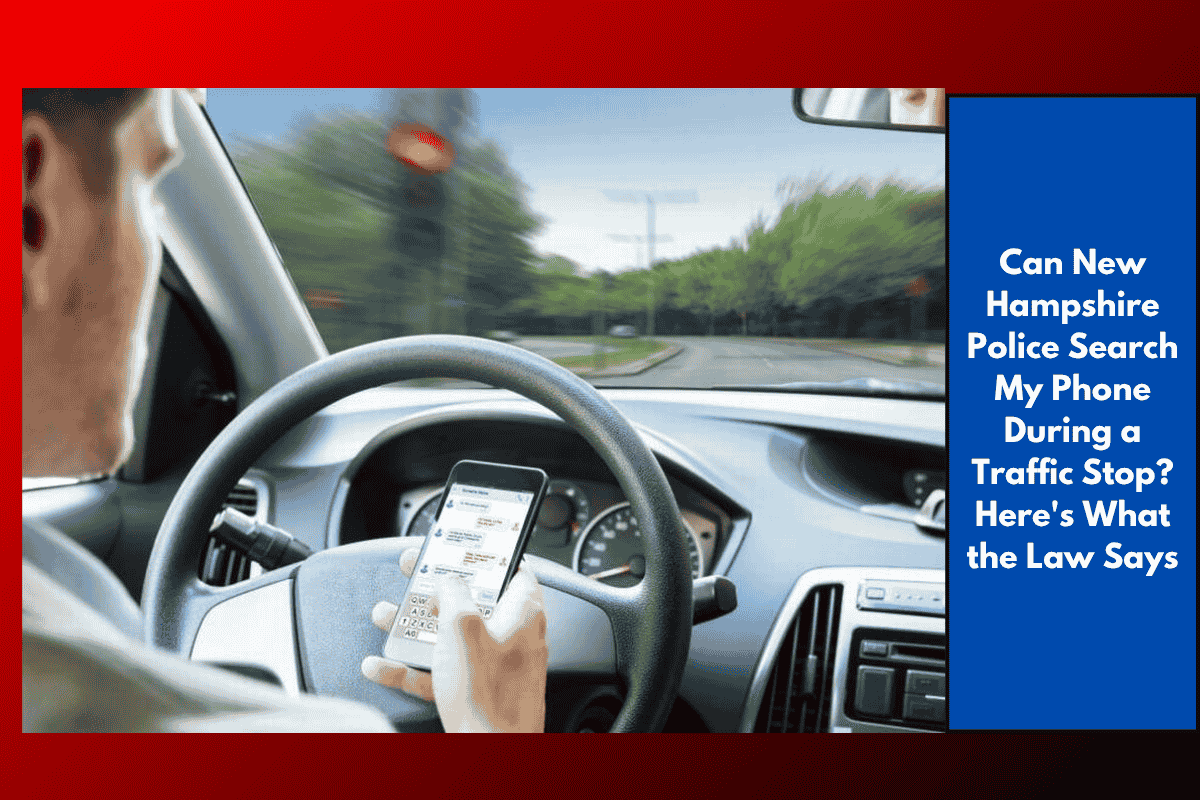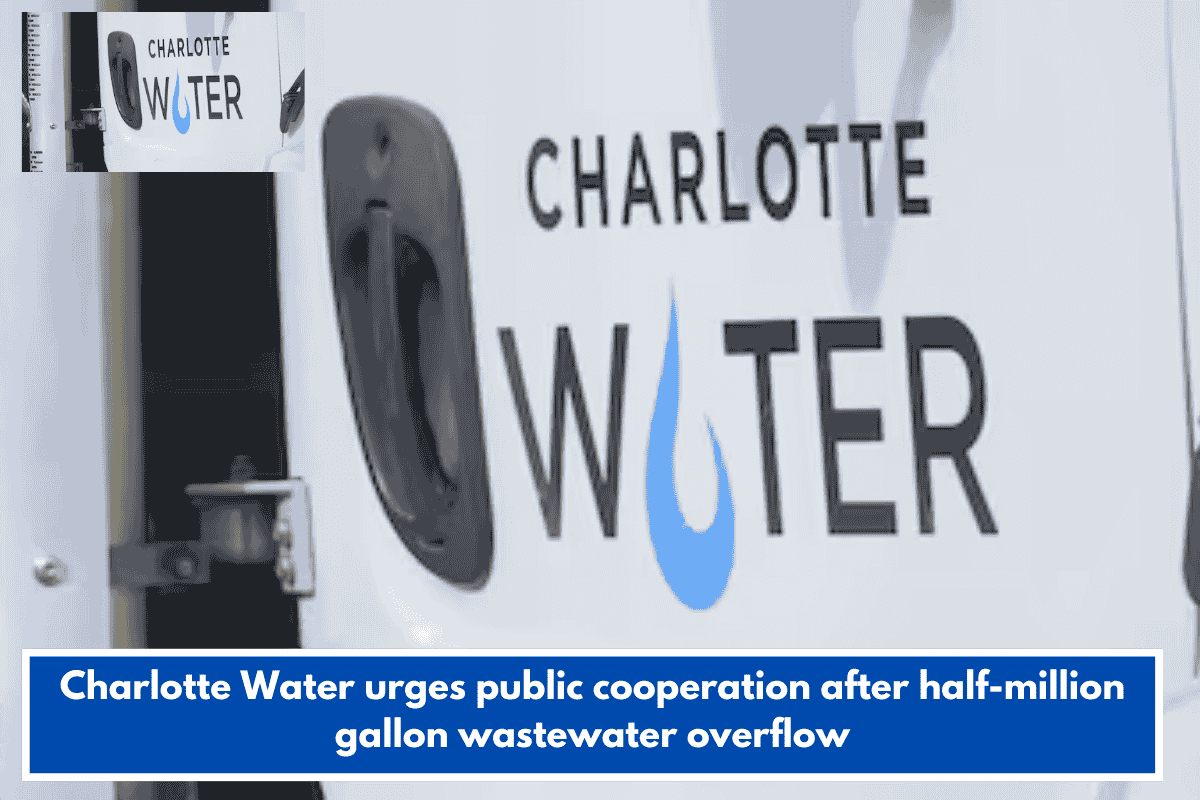If you’re pulled over during a traffic stop in New Hampshire, you might wonder whether the police have the right to search your phone. While you have certain constitutional rights, the rules around searching electronic devices are complex and depend on several factors, such as probable cause, consent, and whether there are exigent circumstances.
Here’s a breakdown of what New Hampshire law says and what federal law allows when it comes to police searches of your phone during a traffic stop.
The Fourth Amendment and Your Phone
Under the Fourth Amendment of the U.S. Constitution, you are protected from unreasonable searches and seizures. Generally, police need either a warrant or probable cause to search your personal items, including your phone.
Warrant Requirement
In most cases, police must obtain a warrant to search your phone, unless there are exceptions. This is especially true if the police are simply conducting a routine traffic stop and have no immediate probable cause to search your device.
Probable Cause
If the police have probable cause—for example, they see evidence of a crime while stopping you or suspect that your phone contains illegal materials—they may be able to search your phone. This could include texts, photos, or calls that are tied to criminal activity.
New Hampshire’s Consent Law
New Hampshire law allows police officers to search your phone if you give consent. If the police ask for permission to search your phone, and you agree, they are allowed to proceed with the search. However, you have the right to refuse the search. If you deny consent, the police typically need a warrant or probable cause to search your phone.
Key Point: Always remember that you have the right to say no if police ask to search your phone during a traffic stop. If you don’t want to consent to a search, you can clearly state, “I do not consent to a search.”
Exigent Circumstances
In some situations, exigent circumstances may give the police the authority to search your phone without a warrant. This happens when there is an emergency or imminent danger, such as:
A risk that evidence will be destroyed if not retrieved immediately.
A belief that a criminal act is taking place, and immediate action is needed.
For example, if police believe your phone contains information about an ongoing crime or a safety threat, they may have the ability to search your phone without a warrant.
The Riley v. California Decision
The U.S. Supreme Court case Riley v. California (2014) has a major impact on phone searches. The court ruled that police cannot search your phone without a warrant, even if you’re under arrest, unless there are exceptional circumstances. This decision reinforces your privacy rights regarding your phone, and New Hampshire law aligns with this federal ruling.
If You Are Arrested
If you are arrested during a traffic stop in New Hampshire, police may ask to search your phone. However, as mentioned earlier, they must obtain a warrant in most cases before they can legally search your phone. If they don’t have a warrant, any evidence found on your phone could be challenged in court as unlawfully obtained.
When Police Can Search Without a Warrant
There are certain situations in which New Hampshire police can search your phone without a warrant during a traffic stop, but these situations are limited:
If you give consent for the search.
If probable cause exists that links your phone to criminal activity.
If there are exigent circumstances that justify an immediate search.
What Should You Do if Police Ask to Search Your Phone?
If you’re stopped by the police and they ask to search your phone, remember that you have rights. You can politely refuse the search, and it’s important to stay calm and respectful. If you choose to decline the search, you may want to state your refusal clearly, such as saying, “I do not consent to a search of my phone.”
If the police proceed with searching your phone despite your refusal, it’s critical to note what happens. If the search turns out to be unlawful, you may have legal options to challenge it in court.
Can New Hampshire Police Search Your Phone During a Traffic Stop?
In New Hampshire, police cannot search your phone during a routine traffic stop without your consent, probable cause, or a warrant. There are some exceptions, such as exigent circumstances or if you are arrested. It’s crucial to know your rights—especially the right to refuse consent for a search. If you are unsure about the legality of a search, you can always challenge it in court if it was performed without proper legal justification.
SOURCES
[1] https://mywaynecountynow.com/can-new-hampshire-police-search-my-phone-during-a-traffic-stop-heres-what-the-law-says/
[2] https://mywaynecountynow.com/can-new-hampshire-police-search-my-phone-during-a-traffic-stop-heres-what-the-law-says-2/
[3] https://casetext.com/statute/new-hampshire-revised-statutes/title-59-proceedings-in-criminal-cases/chapter-595-a-search-warrants/section-595-a10-informed-consent-exception-for-motor-vehicles
[4] https://scholarship.law.edu/cgi/viewcontent.cgi?article=1137&context=scholar
[5] https://www.anzalonelegal.com/illegal-search-and-seizure.html














